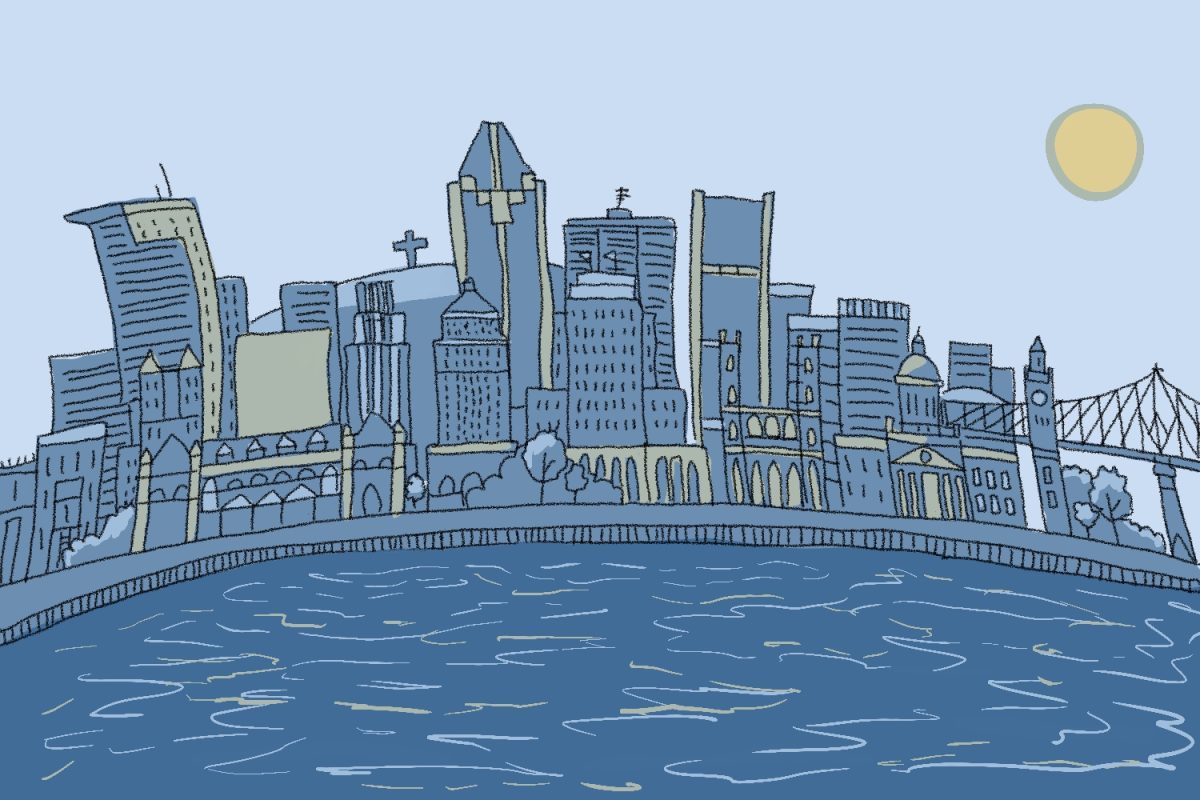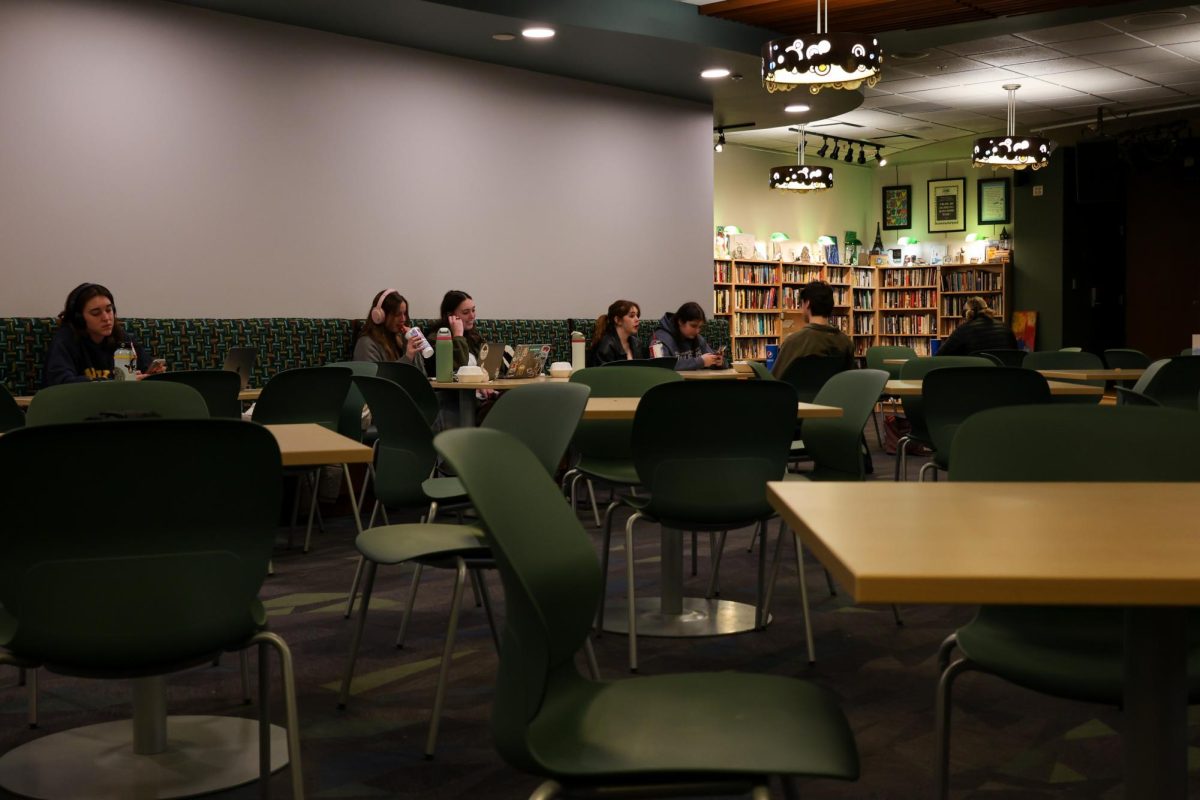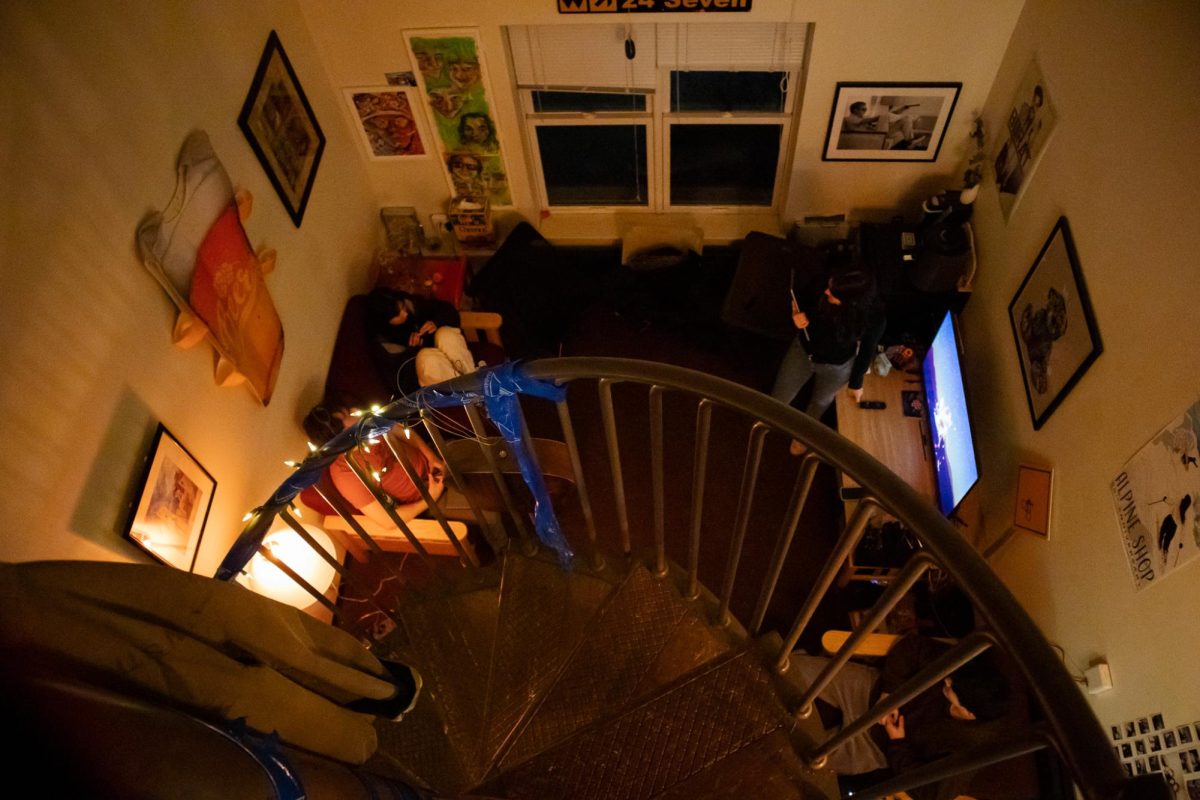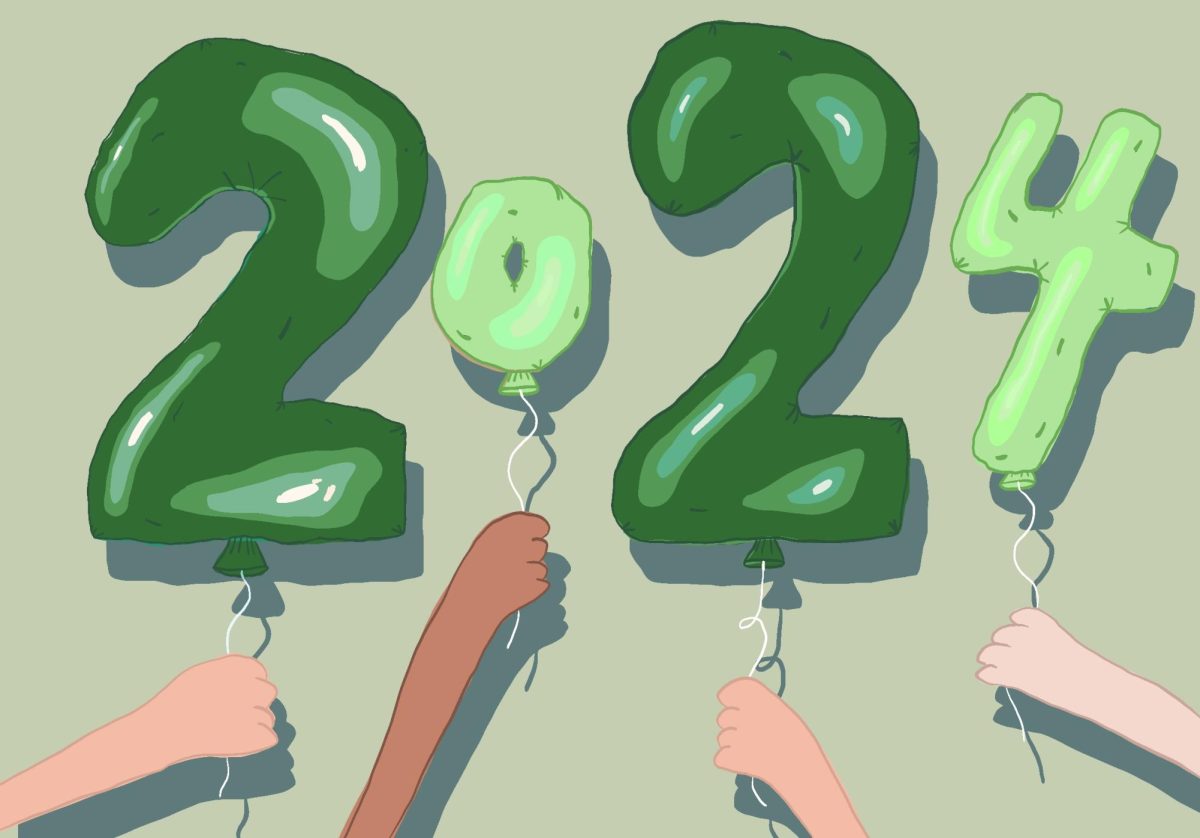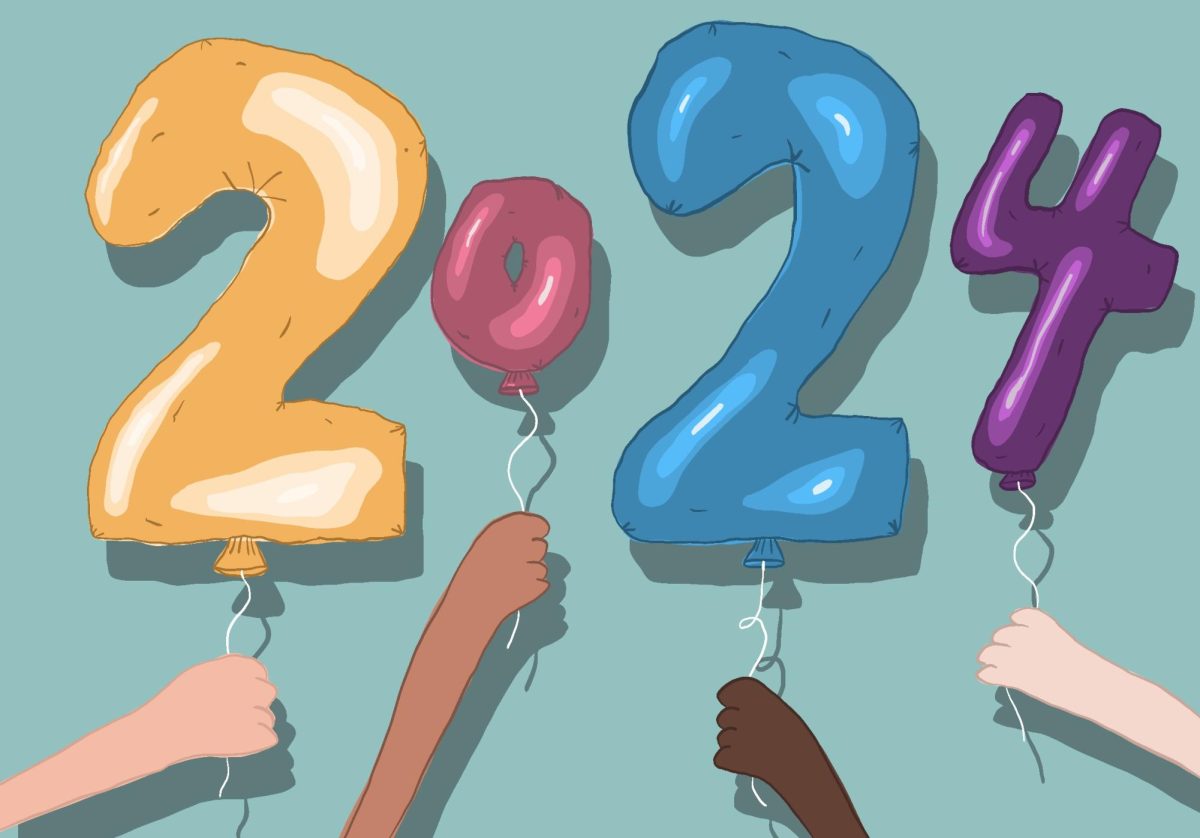Winston Churchill once said, “If you’re young and not a socialist, you have no heart, and if you’re old and not a conservative, you have no head.” And it is with a resounding resemblance that these words appear to be an accurate representation of what we have today. Indeed, whether we are young or old, socialist or conservative-or any combination thereof-this war has the effect of drawing us all apart.
On the one hand, we have the obstinate, white-male patriarchy calling the shots on Capitol Hill, whereas on the other hand, the more liberal and activist assemblage pushes for amity. Surely, there is no overt problem with choosing sides; the problem comes with how the side is chosen-because in a time when one hand washes the other, one side (or both) is apt to be left behind. Such is the current situation.
Very few people disagree that Saddam Hussein is a dictator and a tyrant; however, attacking Iraq serves only to destroy their infrastructure, to raze their cities and to bring contempt against ourselves-both from Iraq and from countries around the world. Thus, while the idea of worldly harmony or Kant’s notion of perpetual peace is enticing and alluring, it is not likely to be achieved through war. For violence often begets violence.
The current situation has escalated to the point where many Iraqis are fighting not for their despot, Hussein, but to retain their own identity, to uphold their nationalism. Yet, those in power within Washington, the administration that insists on the continuation and persistence of war, ignore the fact that innocent lives are being lost. They choose to disregard foreign policy, to undermine the United Nations, to overlook the disdain we are creating with Muslim countries and, indeed, Muslim people around the world.
It could very well be the case that any “victory” the United States declares will be a Pyrrhic one. People with the control and authority-namely the administration fixed on war-are also influenced by and for the interests of capitalism. Those on a dais are often also biased. Consequently, the U.S. frequently imposes itself on other countries for its own benefit in order to make a profit-disgusting. In 1972, for example, 10 years after the independence of Jamaica, Michael Manley was elected (with an overwhelming majority) and sought a “third path” in an effort to lift the country out of its political turmoil and social unrest. Essentially, his plan was a compromise between the Americanized development/tourism ties of Puerto Rico, and the communist ways of Cuba. Though he initially received shared praise throughout Jamaica, the corporate and industrialized America destabilized him as a leader by refusing the levies and tariffs he created-and as a result, sent Jamaica into an economic crisis spiral where it is now plagued by the recent influx of violence and drug trade.
Commercialization and corporate capitalist influence is everywhere. To be sure, one need only look at the media coverage, where, for example, CNN is owned by AOL/Time-Warner, and moreover, where all major broadcasting stations depict war-or any coverage, for that matter-with the intention of obtaining the highest ratings. In this way, people’s conception of war resides in what they see on television, which is a fictive portrayal at best.
Unfortunately, from this it follows that television works in an effort to make the most money and, in doing so, tempts viewers with material things, reinforces already all too prevalent stereotypes, and offers sensationalized, sometimes inaccurate, media coverage. We become sutured into our fast-paced life so that everything revolves around capitalist economy-whether we like it to or not. In this sense, we are not too far off of Ani DiFranco’s song, “Superhero,” when she says, “Art may imitate life, / but life imitates TV.”
This is not to say that we are stuck behind an impenetrable wall dictating society or that we are not in control of our lives; it does not mean that people should suspend their opinions or stop protesting against the present circumstances. On the contrary, they should maintain a hopeful outlook and, in the words of Margaret Mead, “Never doubt that a small group of thoughtful, committed citizens can change the world; indeed, it is the only thing that ever has.” Undeniably, ‘Now’ is one of the most crucial times to act. We are already beginning to witness censorship (such as Barbara Bush’s canceling of the poetry reading at the White House fearing it would gather ‘anti-war sentiments’) and racial profiling (of both citizens and noncitizens alike, in regard to and in the wake of Sept. 11).
Despite these prejudices, America’s Caucasian population recedes such that it will soon be eclipsed and become a minority. Accordingly, how can there be a multiplicity and multiple perspectives when we are governed unilaterally? How will a miscegenated culture be adequately represented if the vast majority of our representation is comprised of people unlike us? And in this sense, as the United States continues to become more heterogeneous, how much of what we fight against, of who we fight against-both abroad and in our own country-will really be just a mirror image of ourselves?












